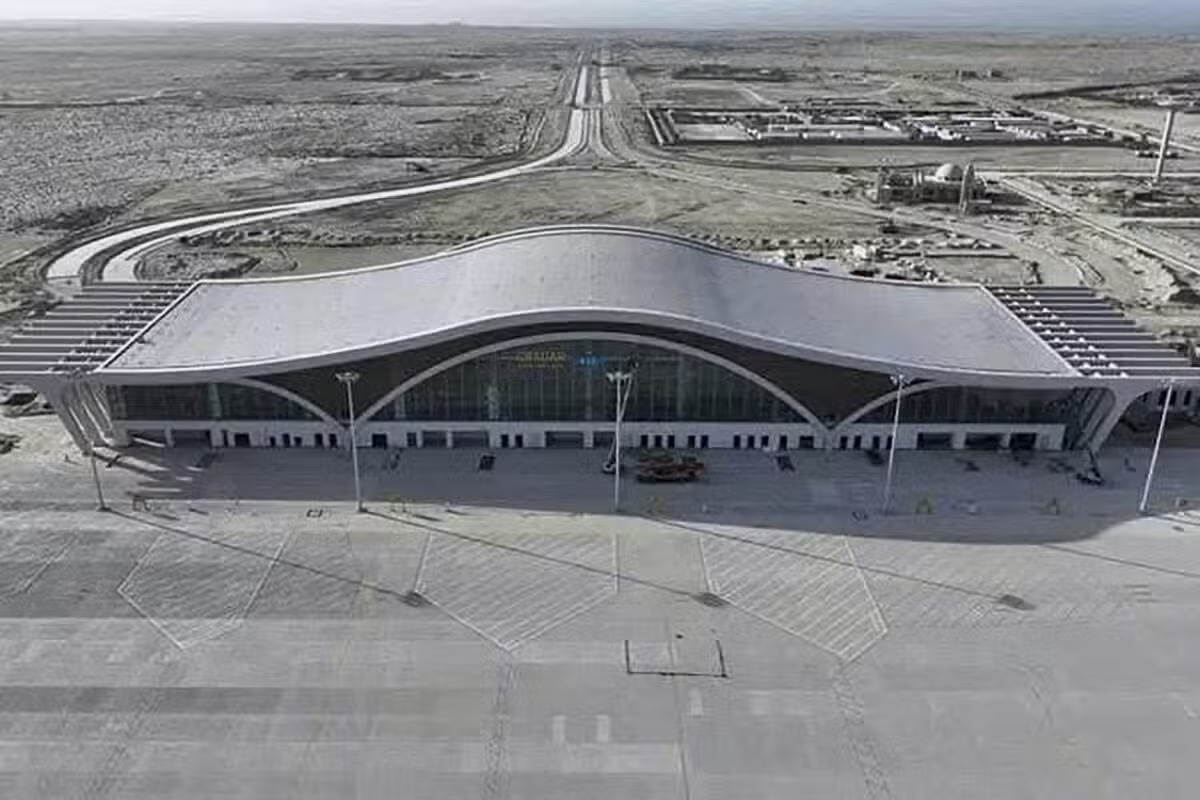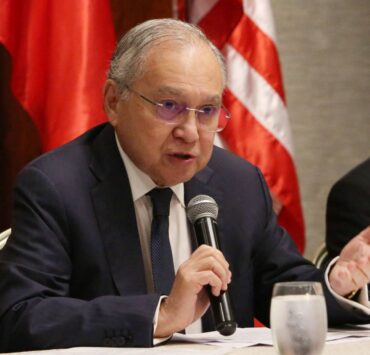New Pakistan airport a bit of a mystery

GWADAR, PAKISTAN—With no passengers and no planes, Pakistan’s newest and most expensive airport is a bit of a mystery.
Entirely financed by China to the tune of $240 million and completed late last year, it’s anyone’s guess when New Gwadar International Airport in this coastal city will open for business.
The facility is a stark contrast to impoverished, restive Balochistan province.
China has poured money for the past decade into Balochistan and Gwadar as part of a multibillion-dollar project—called the China-Pakistan Economic Corridor (CPEC)—connecting its western Xinjiang province with the Arabian Sea.
Authorities hailed CPEC as transformational. But there’s scant evidence of change. Gwadar isn’t connected to the national grid—electricity comes from neighboring Iran or from solar panels—and there isn’t enough clean water.
An airport with a 400,000 passenger capacity isn’t a priority for the city’s 90,000 people.
“This airport is not for Pakistan or Gwadar,” said Azeem Khalid, an international relations expert specializing in Pakistan-China ties. “It is for China, so they can have secure access for their citizens to Gwadar and Balochistan.”
At expense of locals
Pakistan, keen to protect China’s investments, has stepped up its military footprint in Gwadar to combat dissent.
Separatists—aggrieved by what they call state exploitation at the expense of the locals—have targeted both Pakistani troops and Chinese workers in the province and elsewhere.
Roads close at any given time, several days a week, to permit the safe passage of Chinese workers and Pakistani VIPs.
Meanwhile, members of the Baloch ethnic minority say they face discrimination and are denied opportunities available elsewhere in the country—charges the government denies.
Many residents are frazzled. “Nobody used to ask where we are going, what we are doing, and what is your name,” said 76-year-old Gwadar native Khuda Bakhsh Hashim. “Those who ask should identify themselves as to who they are.”
Hashim recalled memories of when Gwadar was part of Oman, not Pakistan, and was a stop for passenger ships heading to Mumbai.
No work at airport
The government says CPEC has created some 2,000 local jobs, but it’s not clear who they mean by “local”—Baloch residents or Pakistanis from elsewhere in the country.
Hashim wants CPEC to succeed so that locals, especially young people, find jobs, hope and purpose. But that hasn’t happened.
Security concerns delayed the inauguration of the airport. Pakistani Prime Minister Shehbaz Sharif and his Chinese counterpart Li Qiang then hosted a virtual ceremony, with the inaugural flight off limits to media and the public.
Abdul Ghafoor Hoth, district president of the Balochistan Awami Party, said not a single resident of Gwadar was hired to work, “not even as a watchman” at the airport.
“The Pakistani government is not willing to give anything to the Baloch people, and the Baloch are not willing to take anything from the government,” said Khalid.

















